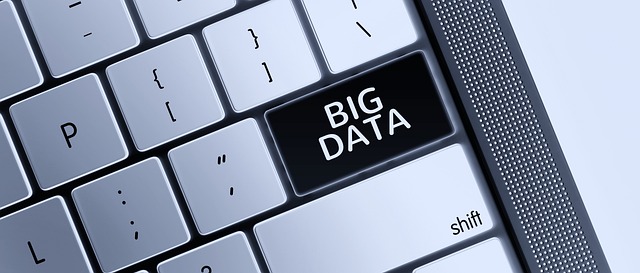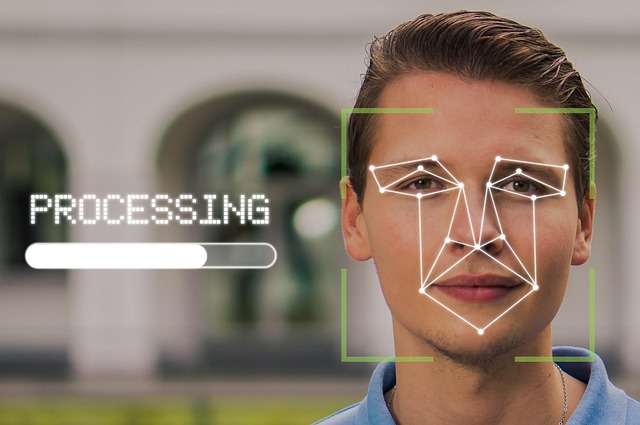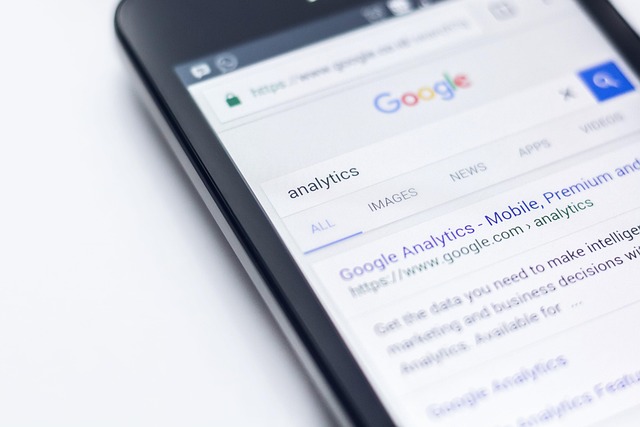In an increasingly digital world, the concept of ethical data use has become a critical conversation point. As technology transforms communication and social interactions, understanding the etiquette that comes with data handling is essential for individuals and organizations alike. With the rise of social media platforms, online transactions, and digital communication, we are now more connected than ever, but this connection brings forth significant responsibilities.
Firstly, let’s delve into technology etiquette. This encompasses the basic principles of respect and integrity that guide our interactions in the digital sphere. When sharing information or data online, it’s vital to consider not just the ‘what’ but the ‘how’ and ‘why’ of sharing. Are we honoring the privacy of others? Are we ensuring that data is sourced ethically? In an age where personal data is a commodity, navigating these questions becomes paramount. For instance, when using social media, a casual post can inadvertently disclose sensitive information about others. Hence, understanding the subtle nuances of digital interaction is essential for practicing ethical data use.
The importance of social trends in this context cannot be overstated. As society progresses, so do the expectations surrounding data privacy and ethical use. We are witnessing a growing awareness among consumers who are more concerned about how their data is used by companies. Trends indicate a shift towards more transparency and accountability in how organizations manage personal information. This change is prompting brands to adopt ethical marketing practices and be mindful of their data collection strategies, aligning more with the values of their audience.
Recognizing these trends allows individuals and businesses to embody the principles of ethical data use. Engaging with your audience about how you use their data can foster trust. It’s imperative to uphold standards that reflect not just legal compliance but a commitment to respect and protect individual rights. Educating employees about data handling practices further reinforces the notion that ethical conduct is integral to your business ethos.
Moreover, ethical data use is increasingly becoming a competitive differentiator. Organizations that prioritize transparent practices and cultivate a culture of respect for user privacy often find themselves better positioned in their industries. They earn loyalty from informed consumers who value integrity over convenience. In turn, this cultivates an environment that promotes open communication and mutual respect between brands and their audience.
In conclusion, navigating the complex landscape of ethical data use requires a conscious commitment to technology etiquette and an awareness of evolving social trends. By being thoughtful and intentional in our digital interactions, we contribute to a culture that not only values data integrity but also embraces the essence of human dignity and respect in all communication.




